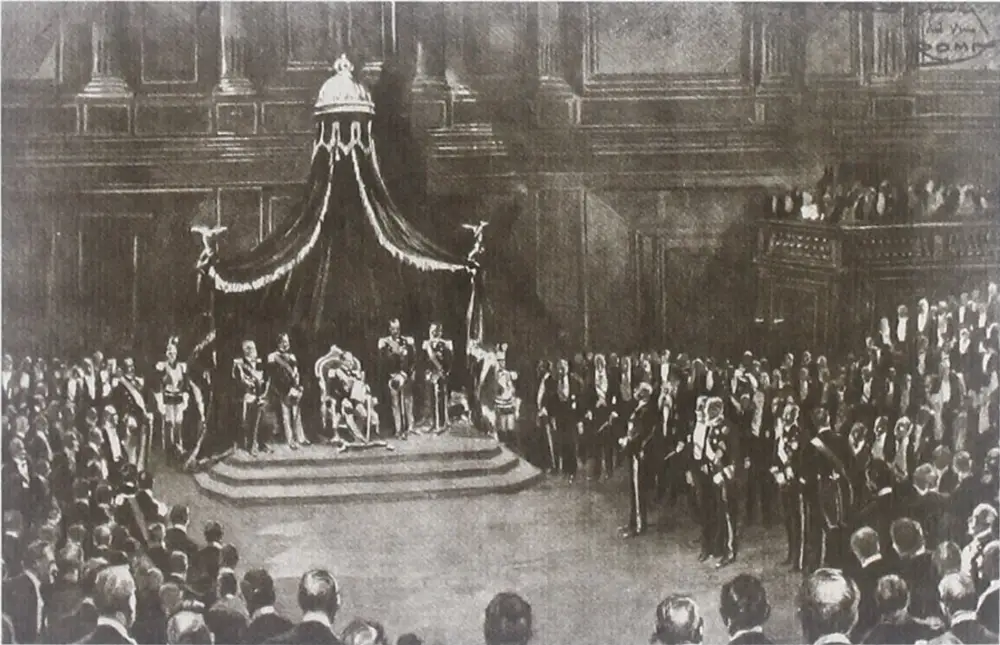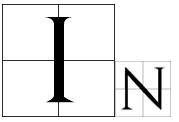 1861, the Kingdom of Sardinia succeeded in unifying the Italian nation, thus creating the Kingdom of Italy. The new Parliament was made up of two chambers: the Chamber of Deputies and the Senate. While the Senators were appointed by the King, the Chamber of Deputies was elective. As the Deputies had to gain the support of the electors, the harshest arguments used to take place in the Chamber.
1861, the Kingdom of Sardinia succeeded in unifying the Italian nation, thus creating the Kingdom of Italy. The new Parliament was made up of two chambers: the Chamber of Deputies and the Senate. While the Senators were appointed by the King, the Chamber of Deputies was elective. As the Deputies had to gain the support of the electors, the harshest arguments used to take place in the Chamber.
In this article, I will report a debate that took place at the Chamber of Deputies on May 15, 1912. The Italian members of Parliament (MPs) were talking about the possibility of giving women the right to vote. In the end, the proposal was refused by a large majority of the Italian MPs.
However, the Italian electoral system changed a lot. The right to vote was given to every at-least-thirty-years-old man. Literate men, then, could vote by the age of twenty-one.
Background
Giovanni Giolitti used to be the leader of the Italian Historical Left and the liberal elite. At the beginning of the twentieth century, Giolitti enacted several policies aimed at including the workers into Italian political life. Workers would have obtained their rights only if their economic and political rights — respectively, higher wages and the right to vote — had been recognized by the Italian statesmen of the time. As a matter of fact, until 1912, only 6,9% of the population could vote, and these were wealthy and literate men.
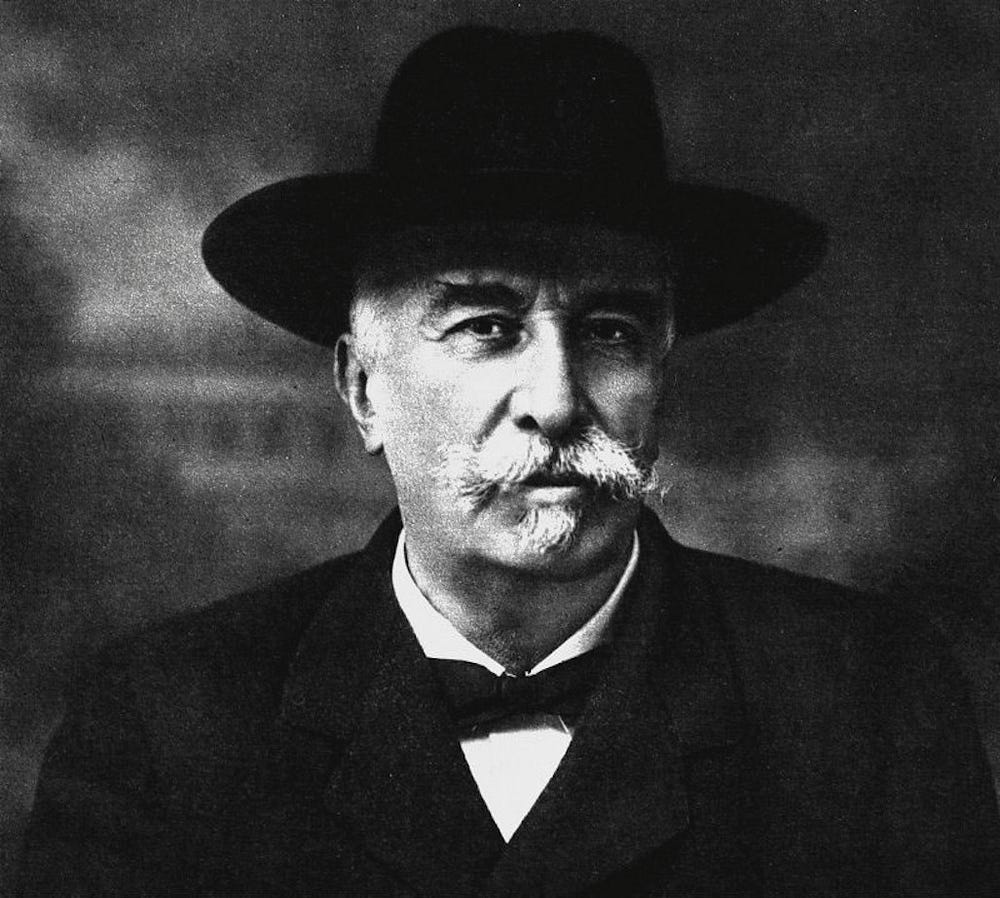
In 1912 Giolitti was ready to take a step forward towards the inclusion of several millions of people into the electoral body. However, the proposal regarded only men. During the debate, some MPs proposed to include women in the new electoral body. On May 15, 1912, the Italian Deputies discussed this.
The debate
Giovanni Giolitti — Historical Left — Prime Minister: “Giving women the right to vote would be a leap of faith. […] Under the current conditions, in Italy, it is not possible to seriously propose the right to vote for six million women without having conducted any study on their conditions, without having accounted for the consequences such a resolution could have. This right would transform the Italian political life, it cannot be allowed.”
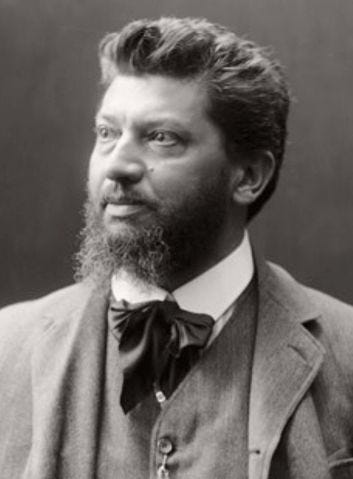
Filippo Turati — Italian Socialist Party: “The Socialist Party is voting in favor of the women’s suffrage. When our Honorable Prime Minister says that it would be a leap of faith to give several million women the right to vote, He doesn’t realize we ignore their social conditions and therefore we cannot predict what use they will make of the vote. Moreover, I want to ask our Honorable Prime Minister what makes this reform more dangerous than the one concerning the right to vote given to five millions men, three of whom illiterate.”
Carlo Cavagnari — Historical Right: “Women have been given a great and beautiful mission in our society. They can show their virtues in a number of ways. They are always there, where the good is. They protect the good in committees and associations. I don’t want women to face the unpleasant fights of the electoral politics. Don’t you think that, if women were allowed to vote, intra-family disputes would increase? If you give women the vote, you will see how many more legal separations we will have!”
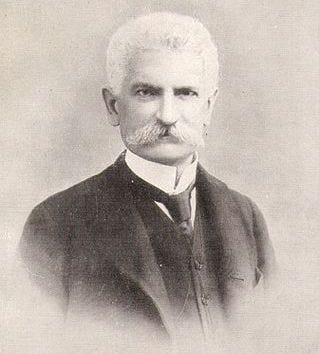
Sidney Sonnino — Historical Right: “Even though I am not part of the far-left, I am going to be one of the few to approve the proposal on giving women the right to vote. […] Women are a heap of forces and social interests and, just like any other force or interest, they should be given the weapon, represented by the right to vote, thus allowing them to defend their rights.”
Domenico Ridola — Historical Left: “Not only is women’s suffrage a political problem, but also a scientific and biological one. […] Men were not given more privileges than women by nature, but nature itself made a wise division of labor entrusting women the more gentle and noble part of it. […] A woman’s ultimate mission is explained with a single word: motherhood.”
Conclusion
It is particularly interesting to read these words, to see how those wealthy elderly talked about giving women the right to vote back in 1912. They talked about the law of nature, biological problems, and scientific reasons. Indeed, those statesmen were trying to defend themselves from a growing self-awareness coming from Italian women. We cannot confidently say that, if women had been given the right to vote, Italy would have been spared from the challenge of a dictatorship. Anyway, we cannot confidently rule this out, too. Such a reform would have improved Italian political life. Countries such as the United Kingdom and the United States gave women the right to vote in that same period — that is, by the end of the 1910s — and they never experienced Fascism.

Italy would grant women the right to vote thirty-four years later, in 1946. Women and men were summoned at the polling stations for the first democratic elections after the Fascist era. Citizens were asked to express their preference between Monarchy and Republic and to vote for the Constituent Assembly. The referendum resulted in the victory of the Republic.
Those elections will be always remembered because they are an extremely important part of Italian history, but also because of the photo above. She was Anna, the symbol of the Italian Republic.

History, Politics & Economics – A place for uncomfortable truths.
michelecaimmi98[at]hotmail.com

